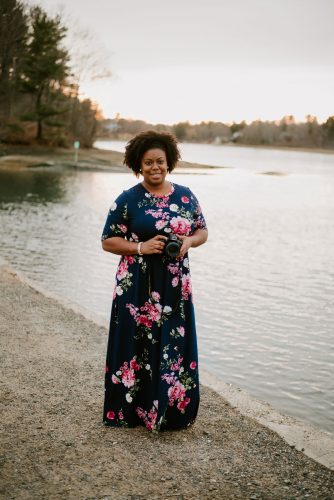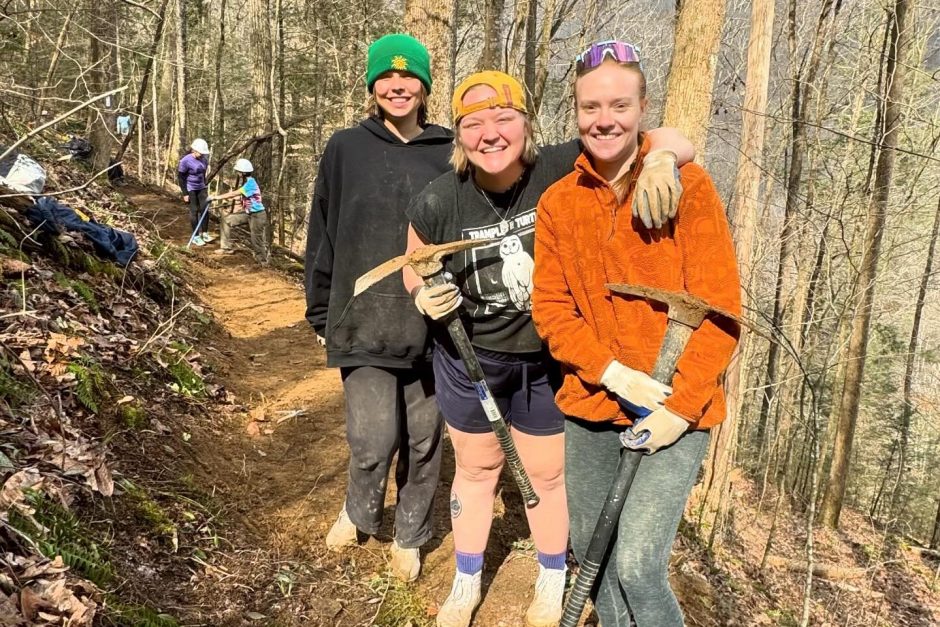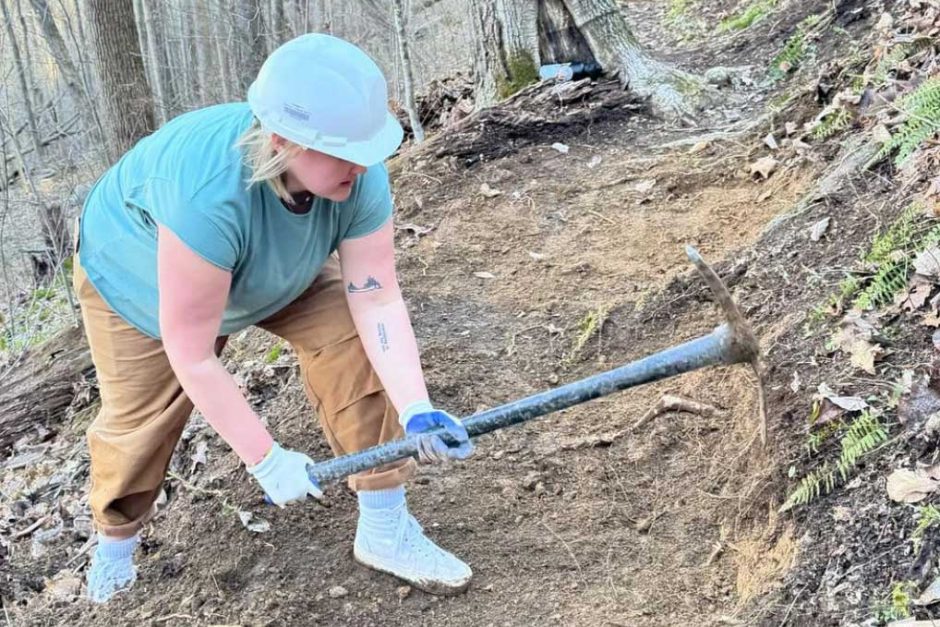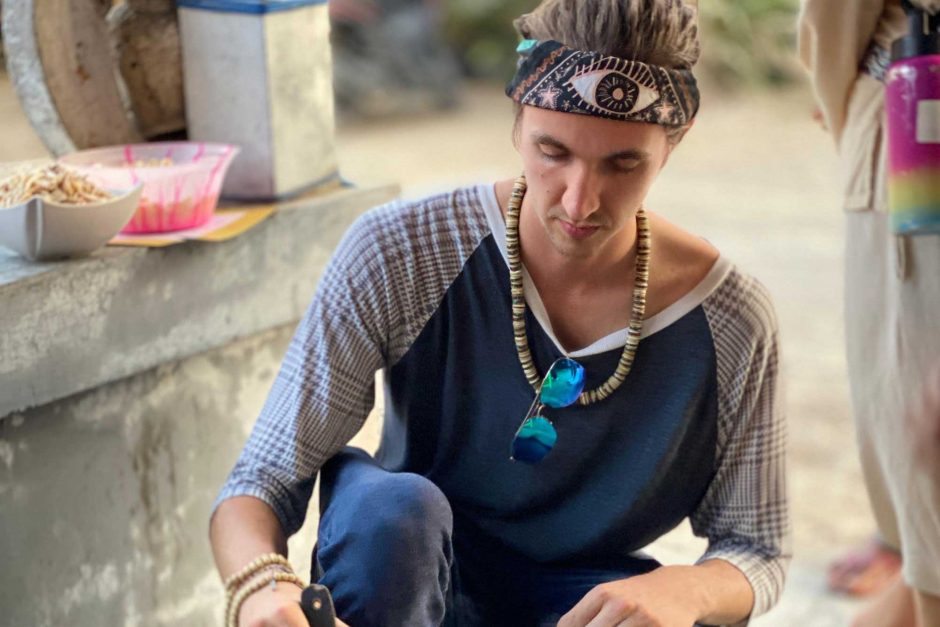Janah Cook Dawson ’09: Every student deserves to feel at home
One of my favorite Cornell memories is making history as part of the first all women of color ensemble to perform as Lady in Brown in Ntozake Shange’s “For Colored Girls …”
 It meant so much to me to be a part of this student-led production because I didn’t find much art on campus that I could identify with. A lot of the material performed, from music to theatre, felt very Eurocentric. I participated in Concert Choir all four years and enjoyed being exposed to works to which I’d no prior exposure. However, I remember once being asked how tall my afro might be on the night of the performance so we could determine my placement on the riser. I chuckled then, and still laugh about it now, but I realized that day that without some level of “cultural assimilation” on my part, it would always be pretty difficult to not stick out like a sore thumb.
It meant so much to me to be a part of this student-led production because I didn’t find much art on campus that I could identify with. A lot of the material performed, from music to theatre, felt very Eurocentric. I participated in Concert Choir all four years and enjoyed being exposed to works to which I’d no prior exposure. However, I remember once being asked how tall my afro might be on the night of the performance so we could determine my placement on the riser. I chuckled then, and still laugh about it now, but I realized that day that without some level of “cultural assimilation” on my part, it would always be pretty difficult to not stick out like a sore thumb.
“For Colored Girls …” allowed us to find time to connect and share our stories without having to qualify our feelings, which was refreshing and validating. When we got on stage, we didn’t have to alter our hair, our posture, our accents, or any part of the way we existed. We were delivering our lines, but not feeling as though we had to stretch ourselves to deliver them. Much of our time on campus was spent code switching, shrinking our personalities, or contorting to fit in. I cherished the affinity between my fellow actresses and myself.
I hope current and future underrepresented Cornell students find a community that will allow them to be their authentic selves in every area of their lives. If they don’t find that community, I hope they are allowed to voice their exclusion without having to qualify their experiences and feelings. Every student deserves to feel at home on the Hilltop, and it is their right to be validated. Some students have the privilege of being able to arrive on the Hilltop and quickly feel included and represented. There are others who will inherently feel out of place, in both obvious and inconspicuous ways. Students who experience the latter should not also carry the burden of having to educate their peers or convince their academic institution of their needs.
If an underrepresented student feels the need to create their community, I hope they do not feel pressured to have to explain why. “Self segregation” was a term that was thrown around a lot during my years at Cornell. It unfairly assumed there was an equal choice available for every individual student to simply blend in. For students of color, “blending in” meant constantly ignoring or laughing off microaggressions. It meant altering and stifling some part of themselves. It meant being responsible for holding peers accountable for saying or doing problematic things. It could even mean having to hide or downplay how their general experience on campus affects their ability to perform academically. My hope is that these things are worked out for underrepresented students instead of being worked out at the expense of their peace of mind and mental well being.



